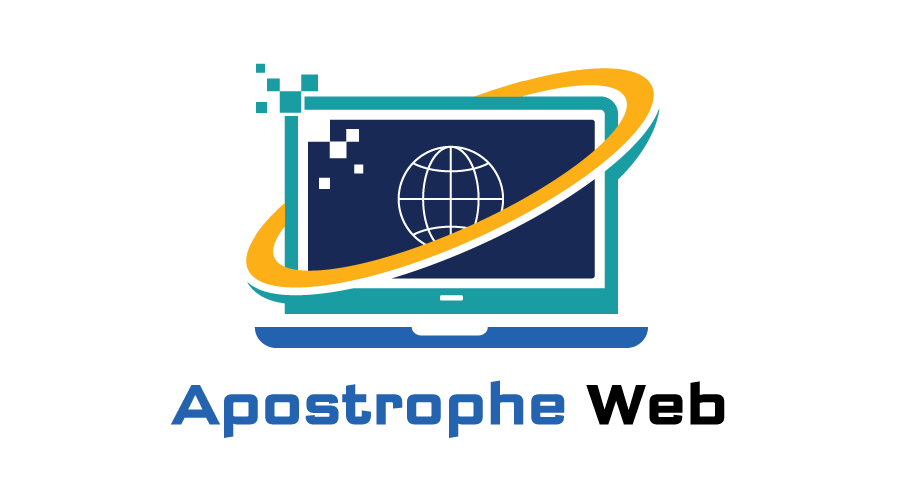In higher education, reintegrating veterans into civilian life presents a distinct and significant challenge. Veteran admissions advisors are demonstrating innovation and dedication in their field. They are more than just administrative posts. Their unique roles in colleges and universities are important to veterans who want to broaden their horizons via education.
Let’s explore the primary duties of veteran admissions advisors in colleges and universities.
They Provide Personalized Support
Admissions consultants provide personalized help to students. This assistance can come in many forms, such as helping with the application process or helping veterans find programs that align with their interests and professional objectives.
They play a crucial role in supporting veterans in converting their military training and experiences into academic and career opportunities, a critical step in the transition process.
They Give Advocacy and Awareness
Admissions advisors work within the institute to raise awareness of students’ special needs and difficulties. They collaborate with faculty and staff to guarantee that veteran students receive the necessary accommodations and support for their academic success. They often collaborate with external organizations and resources to secure additional support for their students beyond the campus.
They help in Building a community.
Beyond the admissions process, admissions mentors are essential in helping students develop a feeling of solidarity. Many educational institutions have created particular areas and initiatives just for veteran students after seeing the value of this kind of community-building. These programs help veterans succeed academically and socially by providing a forum to interact with others who share their experiences and backgrounds.
They Look Ahead
The role of admissions advisors is changing. As more veterans consider a college education a means of achieving success in the civilian world, they always look for innovative ways to improve services and assistance. This might involve using technology to enhance remote support for veteran students and creating tailored programs to address the most pressing needs of the veteran community.
Moreover, admissions counselors are not merely facilitators of college admissions; they are the unsung heroes in veterans’ quests for academic and personal success.
They Help in Understanding of Military Backgrounds
Veteran admissions advisors are knowledgeable about veterans’ unique experiences and challenges. They know the meaning of various duties and tasks, military jargon, and the organization of military careers.
With this knowledge, they can efficiently convert military experience into appropriate academic and professional credentials, guaranteeing that veterans’ resumes represent their abilities and accomplishments fairly.
They Provide Assistance with Transition
Transitioning from military to civilian life involves a big adjustment. Campus resources can be a vital source of assistance for veterans at this time, helping them adjust to the academic setting and create successful study plans. They can also help veterans find campus resources to help them transition more efficiently and build a sense of community.
They provide career counseling.
Veterans have many experiences and skills, but it can be challenging to translate those into civilian employment prospects. They help veterans find their talents, set goals for their careers, and create plans to reach those goals through career counseling.
Additionally, they may help veterans find internships, career fairs, and jobs tailored to their unique skill sets.

